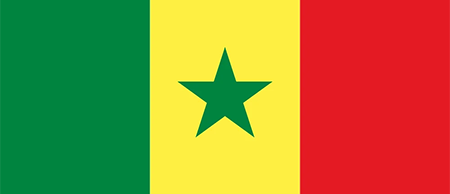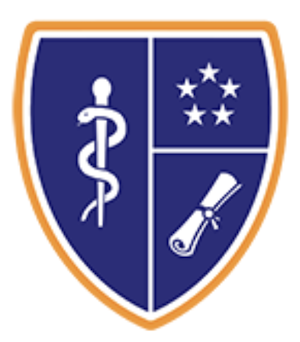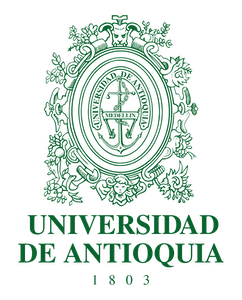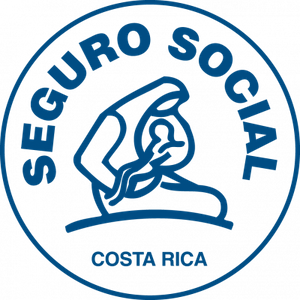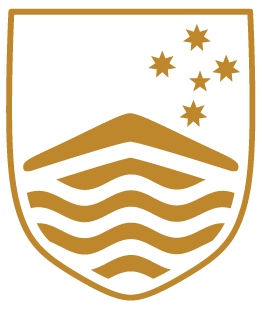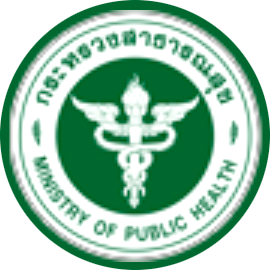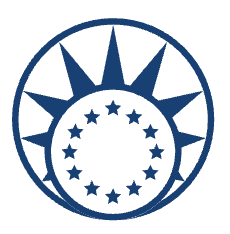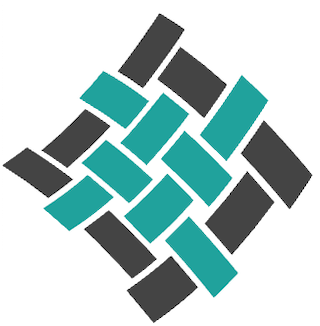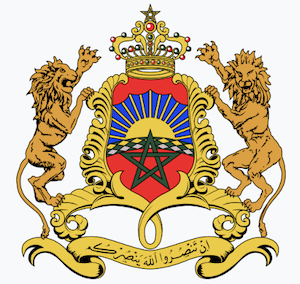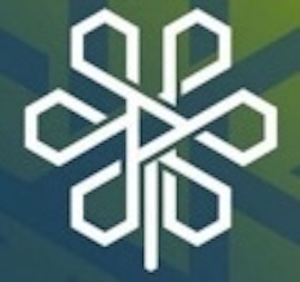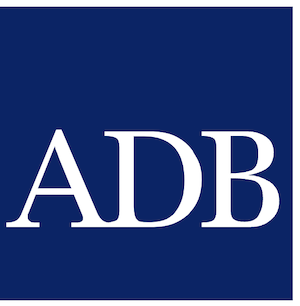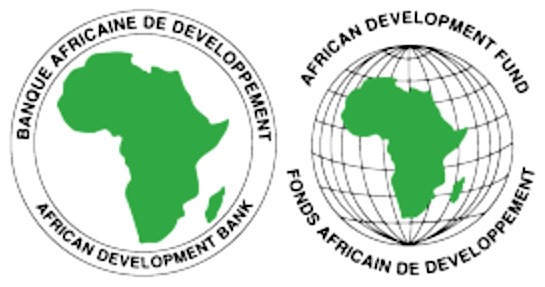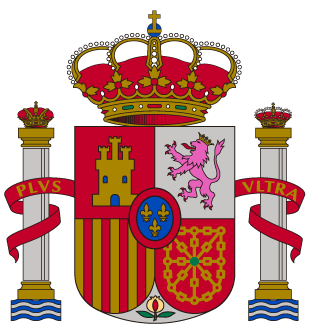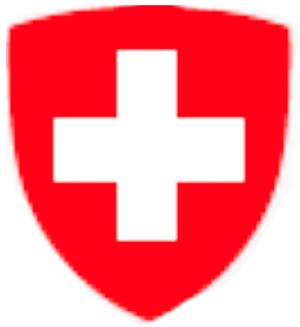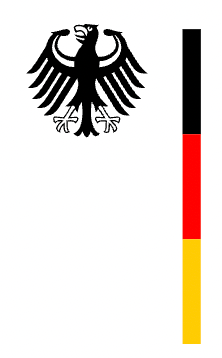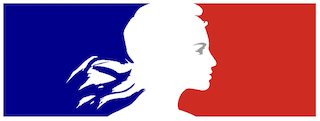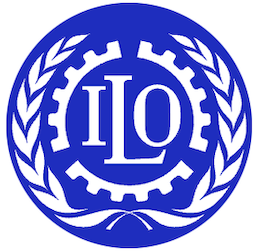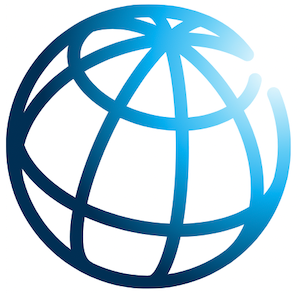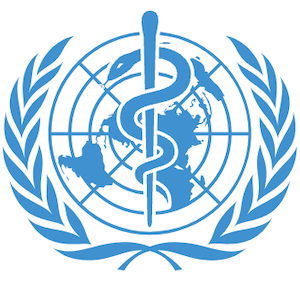In the first decade of the 2000s, world leaders revisited thinking about “health for all”, a goal of the World Health Organization since the early 1970s. This goal had already gained much attention and significance when, in 2000, the largest gathering of world leaders in history adopts the UN Millennium Declaration. In this broad context, in 2007 the Group of 8 embraces an initiative that will focus on health financing for universal health coverage – making health care affordable for all without financial hardship. This initiative will eventually become known as the P4H Network.
The Millennium Declaration – a milestone in global partnerships to reduce extreme poverty – gives rise to 189 countries adopting the Millennium Development Goals (MDGs), to be met by 2015. In that year, the United Nations Sustainable Development Goals (SDGs) pick up where the MDGs leave off, and 191 countries commit to universal health coverage targets. The SDGs include a focus on poverty reduction and recognize the connection between poverty and health. Poverty is seen as a major cause of poor health and poor health as a major cause of poverty. In particular, out-of-pocket health expenses strain household budgets when households must either pay health bills that cause them financial hardship or go without health care.
France and Germany center the foundational pillar of health for all in a series of global meetings and G8 summits in the first ten years of the 21st century. In this broad context, the G8 adopts an initiative that leads to the formation of the P4H Network.
2004. In November, Germany, the International Labour Organization, and the World Health Organization sign a letter of agreement to cooperate on social health protection and health financing with the aim of improving collaboration at country, regional and global levels. A consortium is created.
2005. In December, the consortium holds a conference in Berlin to share experiences in social health protection within the constraints of available resources. Following the conference, the consortium publishes a compilation of conference presentations on the experiences of developing countries on extending social protection in health.2007. On 16 March , just months before the G8 summit in Heiligendamm, French President Jacques Chirac speaks at the International Conference on Financial Risk Protection in Case of Sickness in Developing Countries. For the June 2007 G8 summit focusing on Africa and the social dimension of globalization, President Chirac invites attendees to focus on three priorities.
- Create an international platform on health systems financing in poor countries.
- Agree that recommendations international partners make to fight poverty support the development of equitable health financing systems in countries they give aid.
- Provide financial support to countries committed to building equitable health financing systems and promote innovative financing.
- At the Heiligendamm summit, 6–8 June, the G8 endorses the Providing for Health (P4H) initiative “as a means to work toward sustainable and equitable financing of health systems and improved access to quality health services, through linking national financing strategies with coordinated international support”. The initiative, as described in a summit declaration, is envisaged as creating “an international forum for dialogue and collaboration on the financing of health systems in poor countries and on expanding initiatives of national and international donors to improve the efficiency of increasing national and international funding”.
Heiligendamm, as well as the G8 summits that preceded and followed it – in Gleneagles (2005), St. Petersburg (2006), and Tōyako (2008) – reinforced the global public health agenda. At these summits, the G8 countries signed on to support strengthened health systems worldwide through social health protection for everyone and particularly for people living in poverty.
The P4H Network’s value proposition: The whole is greater than the sum of its parts
When in 2007 France and Germany launch Providing for Health (P4H) as a G8 initiative, membership is open to countries and multilateral agencies. The first members of the P4H Network are the World Bank Group, the World Health Organization, the International Labour Organization, France and Germany. In 2011, Switzerland and Spain join P4H, followed by the African Development Bank in 2012. In 2013, the United States of America becomes a member, represented by the United States Agency for International Development.
In 2015, with the SDGs comes the P4H Network’s broader membership policy. The P4H Network reflects the universalism of the SDGs, regardless of income levels of the 193 signatory nations of the SDGs. This year, the Global Fund to Fight AIDS, Tuberculosis and Malaria and the Asian Development Bank join the P4H Network
In 2017 membership expands to include Kazakhstan, Morocco and the Seoul National University Graduate School of Public Health. Kazakhstan, in particular, continues to play a robust role in the activities of P4H. In 2018, the Center for Expertise and Quality Control of Medical Care (CEQCMC) of the Russian Federation, Fudan University School of Public Health, the Global Financing Facility for Women, Adolescents and Children and the Council of Europe Development Bank join. Three years later, Thailand joins. In 2022, the Australian National University and the Social Security Fund of Costa Rica join, extending P4H’s reach into the Latin American region. By December 2023, the P4H Network counts 25 members with the addition of Senegal, University of Antioquia in Colombia, Kamuzu School of Health Sciences in Malawi and the Pontifical Catholic University of Peru.
Working in concert with one another, each member’s contributions deepen the others’. Together, the P4H Network’s members advance universal health coverage through equitable social health protection and health financing systems. And they do so to greater effect than if they each worked on their own, bringing in their unique comparative advantages.
The deliberate choice of a network structure
The organizers of the P4H Network sought to form a structure that allows cross-sectoral cooperation at the country and regional levels as well as cross-donor cooperation at the global level. From its start, the P4H Network operates on the principle that members and individuals within member institutions work independently to achieve common goals.
The P4H Network strives to promote coherence across global, regional and national levels as well as among stakeholders within countries. And P4H tailors its support to the needs and priorities countries define and to political economy of each country. For example, the P4H Network’s flexibility and agility enhance exchanges and collaborations among its members. P4H country focal persons (P4H-CFPs) and the P4H Coordination Desk, two groups within the P4H Network, facilitate collaborations among individual and institutional stakeholders within countries and coordinate joint action among P4H members.
The P4H Network distinguishes between two types of P4H-CFPs. They are either deployed or appointed. Members active in international cooperation deploy P4H-CFPs to be honest brokers in policy discussions among national and international stakeholders. Country members of P4H nominate P4H-CFPs to connect countries and P4H. In 2024, some 20 P4H-CFPs are part of the P4H Network.
The P4H Network distinguishes between two types of P4H-CFPs. They are either deployed or appointed. Members active in international cooperation deploy P4H-CFPs to be honest brokers in policy discussions among national and international stakeholders. Country members of P4H nominate P4H-CFPs to connect countries and P4H. In 2024, some 20 P4H-CFPs are part of the P4H Network.
Mileposts of the P4H Network
Four mileposts mark the success of the P4H Network: (1) the launch of the Leadership for UHC programme (L4UHC); (2) the number of P4H-CFPs deployed and appointed; (3) the expansion and diversity of P4H’s ’s membership; and (4) launch of the digital platform (www.p4h.world).
The L4UHC programme launched in 2014 to complement the work of the P4H Network with a focus on political leadership. Politics drive collective action advancing UHC in individual countries. Effective and sustained coalitions within countries move the process forwards. The year-long programme is led by coaches and resource persons for high-level participants from various government agencies, civil society organizations and the private sector. Each L4UHC programme is led by the L4UHC management team and supported by P4H-CFPs, local coaches and/or regional facilitators.
In 2020, an external evaluator with internationally recognized expertise in health financing concluded, “L4UHC is an important component in the global health ecosystem, addressing a relevant need with some strong results, especially in relation to individual competencies, team building across UHC constituencies in-country, and with some concrete gains at national policy and practice level, as well as some positive unintended consequences”.
The second milepost is the number of P4H-CFPs. From an initial six in 2007, now the P4H Network counts some 20 P4H-CFPs in countries across Africa, South-East Asia, Eastern Europe and Central Asia, Latin America as well as the Russia Federation and China.
Membership diversity, the third milepost, increased after the 2015 adoption of SDGs. The P4H Network worked to attract academic institutions and extend into regions such as South-East Asia and, most recently, Latin America.
And last, the P4H Network’s digital platform (www.p4h.world), launched in 2017 and redesigned in 2023, notably enhance P4H’s mission to promote, develop and strengthen exchange and collaboration for social health protection and health financing and significantly raise P4H’s profile. The P4H Network’s digital platform delivers the health financing global community knowledge and information, access to topical news and events, and insights at the country and global levels.
The P4H Network’s vision
The P4H Network’s values reflect its unswerving commitment to advancing universal health coverage through social health protection and equitable health financing. By supporting countries across the globe on their UHC journeys, the P4H Network follows through on this commitment. The synergies created through the L4UHC programme, P4H-CFPs, P4H’s diverse membership and P4H’s digital platform advance P4H’s mission and thus P4H’s commitment. The P4H Network continues, always, to keep its sight on accelerating progress towards UHC.
P4H Network members
by the year they joined P4H
29 November
